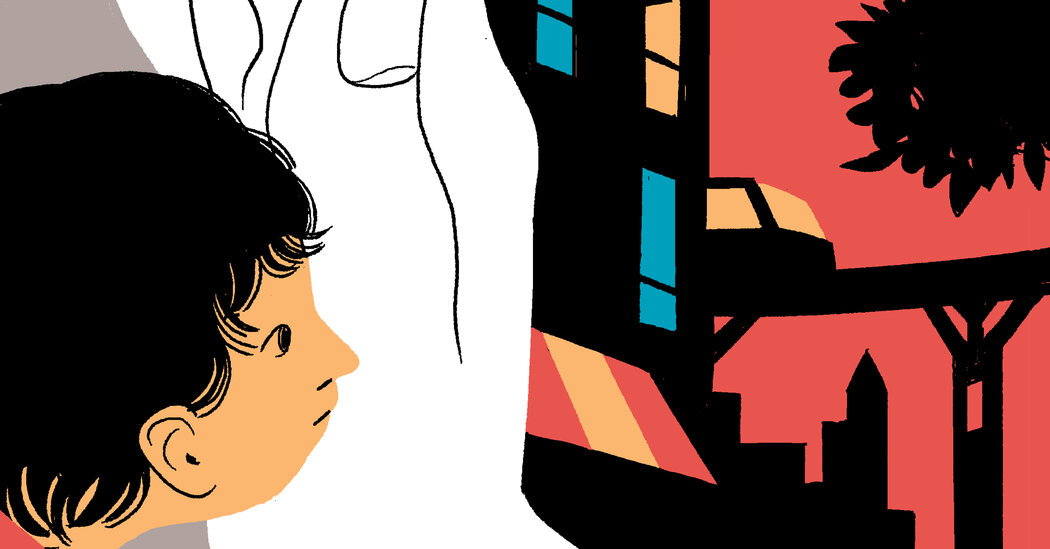Opinion | On Japan’s Adorable ‘Old Enough!’ Show and the State of American Childhoods
While I’m not suggesting that it’s advisable to let your kids go feral for a summer, I suspect that if “Don’t Tell Mom” were remade in 2022, one moral of the story would be about how negligent the mother was. But in 1991, there was simply a happy ending for all involved. (Except, of course, for the babysitter. R.I.P.)
Because art often reflects cultural values, these days in movies and TV shows geared toward kids and teenagers, there seem to be more secondary adult characters, mostly parents, hovering helpfully around the edges. So I asked Kathryn VanArendonk, a critic at Vulture and New York magazine whose viral Twitter thread about “Old Enough!” first inspired me to watch the show, for her insight.
She compared the 1992 version of the children’s TV show “Ghostwriter” with the 2019 Apple TV+ adaptation her children are into. “The general premise is that kids get a message from a literary ghost, and they have to solve mysteries. The show I remember watching was a group of kids off on their own solving their little messages,” she said. The new version is also great, she said, but she noticed a “perpetual checking in” with moms and dads, and “you can see the parent in the background.”
Experts peg the 1980s and 1990s as when American parenting started becoming more conservative in this way. Lenore Skenazy, the founder of Free-Range Kids and the president of Let Grow, an organization that advocates children having more freedom, said that a shift began, understandably, when child abductions were getting a lot of national media coverage. Etan Patz and Adam Walsh became household names, and rather than thinking of these cases as horrific anomalies, parents began to think of child kidnapping as something more common than it is.
Skenazy said that poorly defined child neglect laws also play a role. Many parents have told me they want to give their kids more freedom, but worry that if they let their 9-year-old go to the park alone, for example, they might wind up getting a call from child protective services. (Skenazy notes that this kind of thing really happens.) Others might make the argument that there’s not much downside to being extra cautious, but research suggests something more complicated — a 2021 paper in the Journal of Family Psychology found that too much parental involvement may lead to worse self-regulation among kindergartners. In The Atlantic, Derek Thompson argues that part of the reason American teenagers are so anxious is that their bubble-wrapped childhoods can leave them without a sense of competence.
America is vast, and parents know their kids and their specific neighborhoods best — I’m not about to send my 5-year-old to the bodega by herself quite yet. But I hope watching “Old Enough!” will make more American parents consider the possibility that our cultural norms need a reset, or at least a rethink. I watched the show with my youngest, and she was so jealous and irritated that the kids, some of whom were younger than she is, were allowed to do so many exciting things mostly on their own. Seeing the looks of joy on the “Old Enough!” kids’ tiny faces after completing their quotidian assignments certainly made me want that sense of triumph for my daughters, however they might achieve it.
Check out our Latest News and Follow us at Facebook
Original Source







